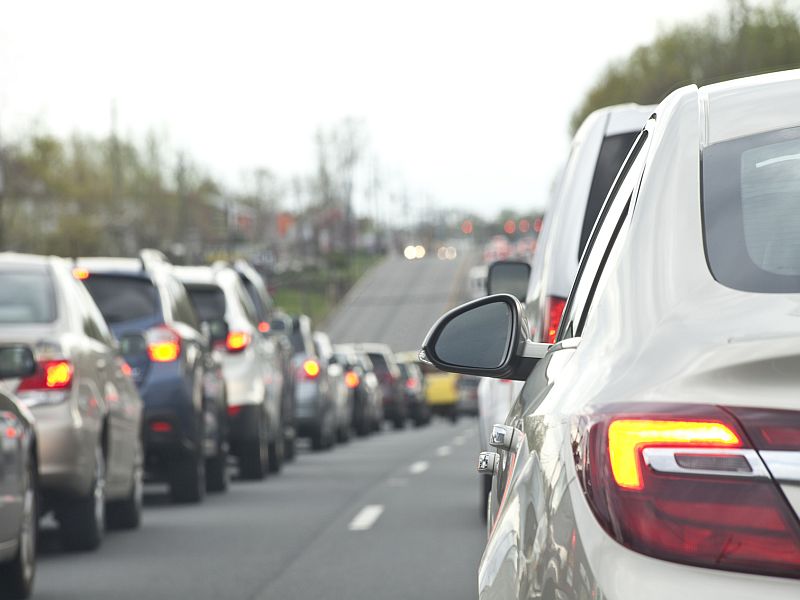
After a mastectomy, many women prefer to wear a prosthesis, in lieu of reconstructive surgery. The prosthesis often is made of silicone gel or foam, and will be placed inside a bra or directly on a woman’s chest. Sometimes. a prosthesis can pose difficulties when traveling by plane. The Susan G. Komen Foundation suggests: Get… read on >



























